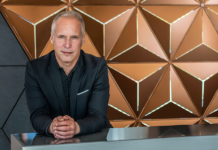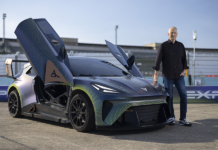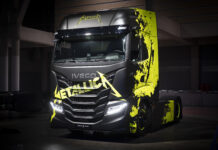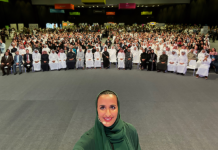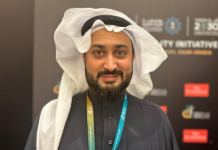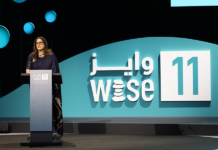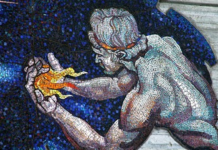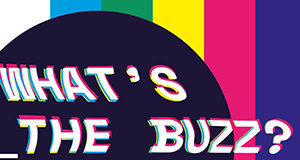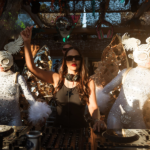Today, everything aspires to be smart: from the ubiquitous—the smartphone in your hand—to sometimes the ridiculous (Google Glass, Fitbit for dogs, Lily the selfie drone). But, if we want our future to be smarter, we need to start thinking beyond “smart for smart’s sake” now.

“Most citizens want a say on the digital channels that deliver smart city services. They want to be engaged with, rather than have technology imposed upon them.” Eric Rondolat, CEO, Philips Lighting.
Fundamental changes are being made in how our economies work so we can adapt to the needs of future society. Consumption may lead to prosuming, as big companies become smaller and the role of individuals rises. And circular economy thinking could reduce waste, promote reuse and produce a seismic shift for business, from selling products to providing services.
Tomorrow, we face new challenges: a growing global population that is living longer and moving to big cities. To be prepared, we have to work out smarter ways to move, using alternative forms of energy and innovative technology to drive mobility. Furthermore, we want smarter ways to sustain basic human needs, from automating food production to personalizing healthcare. And in times of accelerating change, we need smarter ways to live together, drawing on the insights of big data, IoT, and the power of light to transform our world into a place where everybody enjoys better quality of life.
Every November, at the Smart City Expo World Congress in Barcelona—named Global
Smart City 2015 by Juniper Research—delegates from cities, companies, institutions and organizations get together to share ideas about efficient, sustainable urban development. This year the congress focuses on the imperative need to discuss smart cities and how they must be created not only for citizens but also with them.
Referring to research that Philips Lighting commissioned to assess the progress cities were making toward adopting smart technologies, Susanne Seitinger, the company’s global sub-segment manager, professional systems, believes “we need to re-frame the concept of smart cities around what they mean to residents and how they see them delivering something useful.”
Seitinger recalls that one of Philips Lighting’s most surprising findings concerned the way people felt about their data. “When we asked if they wanted to share data to improve services, they were really interested,” she says. “It demonstrates the need for governance and transparent frameworks to use open data and share back. Citizens were willing to engage, to be in communication with government. They want to use different channels that generate a sense of direct connection. That is very meaningful to people.”
Just being “smart,” Seitinger feels, is missing the point: “It has to be about using technology in surprising and new ways that provide real value. That sets you up for a totally different approach. It is a much more holistic, people-centric view of what smart cities mean.”
Another interesting finding was how open and keen the worldwide business community is to be part of a more collaborative setting. As a global technology partner leveraging IoT, Philips Lighting is constantly coming up with ways to use illumination to make tomorrow’s cities smarter, more livable and more satisfactory for people’s daily needs. And Philips Lighting, Seitinger believes, has an advantage over other companies vying for a slice of the smart market precisely because it works with light
“Lighting is special,” Seitinger says, “because it bridges the technical and emotional realms. We have a much stronger sensibility around quality of life issues. You cannot do this if you do not care about tangible outcomes and benefits for people.”![]()



